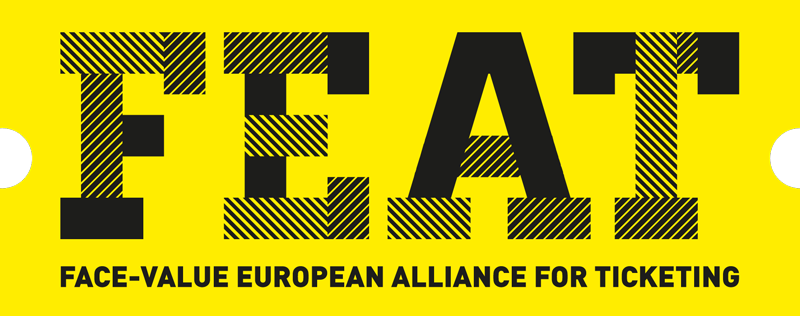17 April 2019:- MEPs have today voted to outlaw the use of specialised software (“bots”) to circumvent ticket purchasing rules, including maximum buying limits. The move, which marks the first time the EU has directly addressed the issue of ticket resale, will also strengthen existing regulation by requiring resellers to declare if they are a professional seller.
Captured as part of an initiative to strengthen consumer rights and enforcement, the legislation sets the minimum standard by which Member States must abide, and will allow for more stringent provisions at national level, such as a complete ban on resale for profit. Where there are bot measures already in place, such as in the UK, the ruling will strengthen the hand of enforcement agencies, helping pave the way for a fairer ticketing market.
This is the first time that the world’s largest trading bloc has set a common standard for ticket resale in cultural and sports events. A harmonised approach will prove critical in dealing with scalping, as secondary ticketing companies often exploit the gaps between different countries’ legislation.
Bots enable scalpers to make multiple ticket purchases, pushing real consumers to the back of the queue. These tickets are then resold at ridiculously inflated prices on secondary ticketing platforms. A 2019 study of bot activity estimated that 42.2% of activity on primary ticketing platforms is attributable to bots compared to 56.9% human activity. The issue is only likely to worsen as technology improves: the number of sophisticated bots detected was 12.3% higher in 2019 than 2018.
Daniel Dalton MEP, member of the European Conservatives and Reformists Group and rapporteur of the revised Unfair Commercial Practices Directive in which the new legislation is captured, said: “Everyone apart from touts lose out from bot bulk buying of tickets, real fans either are unable to see their favourite team or artist or forced to pay many times the face value price, whilst event organisers are seeing their purchasing limits flagrantly violated. So this first ever ban at a European level is an important first step, with the possibility to go further in future depending on how the ban works in practice.”
Sharon Hodgson MP, Member of Parliament for Washington and Sunderland West and Chair of the APPG on Ticket Abuse said: “It is welcome that the EU Parliament have today voted to ban bots, which harvest tickets from the primary market in order to sell for high profits on the secondary market. This new regulation harmonises Europe with existing UK law on bots, and also allows member states to strengthen existing legislation, which will protect consumers. Fans across the world must not be priced out by the secondary ticket market using parasitical methods to get tickets.”
Per Kviman and Virpi Imonnen at the European Music Managers Alliance (EMMA) said: “This is a positive step. The EU Parliament has recognised the growing public concern about consumer exploitation in the secondary ticketing market. However, the banning of “bots” is one small piece of the jigsaw. Tackling this issue requires a more comprehensive approach, and we hope there is potential to build upon this move.”
Johannes Ulbricht, lawyer for German Promoters Association BDKV added: “BDKV supports the initiative of FEAT, which is definitely a step into the right direction.”
Sam Shemtob and Katie O’Leary of FEAT commented: “We welcome the move to curb the use of bots in this first Europe-wide anti-touting law. As well as requiring professional sellers to identify themselves, it also enables member states to go further and potentially regulate the resale price of tickets.
“Most importantly, this represents the first step in
harmonising regulation across Europe. This approach is critical as we know
secondary ticketing companies like to exploit regulatory gaps. There is still
much to be done and we will be campaigning for tougher legislation in the next
parliamentary term.”
Representing promoters, managers, trade bodies and grassroots consumer action groups, FEAT raised awareness of the issue at EU level. This included helping propose text and coordinating lobbying for this legislation’s inclusion.
Outside of the UK, it follows the introduction of targeted bot legislation in the US, Ontario, South Australia and New South Wales.

